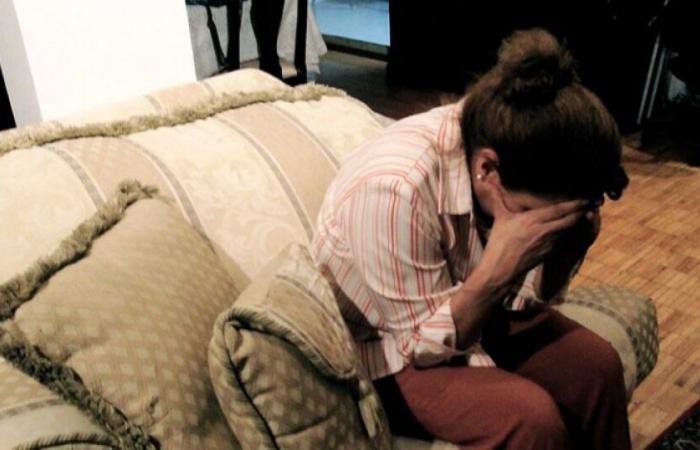While one in five French people could suffer from depression during his lifetime according to estimates, researchers have looked at a new track of treatment for this disease, especially when said “resistant to medication”.
A promising advance, led by French researchers. “Medicines resistant” depression is the subject of a new therapeutic track. Its principle: stimulate certain very specific areas of the brain using ultrasound.
Highlights May 5 by Inserm, which emphasizes that depressive episodes remain the most diagnosed mental disorders in the world, the scientific study was published on April 29 in the journal Brain Stimulation. The Institute also recalls that four years ago, Public Health France published a barometer on the prevalence of depressive episodes in France among 18-85 year olds, which believed that one in five people will be able to suffer in their lifetime.
Five days is the duration of treatment that researchers from GHU Paris, Inserm, CNRS, Cité University Cité and ESPCI Paris-PSL were able to test on deep brain regions involved in depression, with ultrasonic help of low intensity, in order to modulate its activity.
-“Although the results are encouraging, they must be interpreted with caution, because this is a first safety study on a limited number of patients and without Placebo group“, however, note the scientific teams.
A tricolor and essential initiative
This approach seems essential in view of the paradox of the progress of the drug treatments noted, insists the Inserm, compared to their effects which are sometimes long in coming several weeks or never arrive, according to some patients. The researchers therefore chose five people of this type, resistant to medication, to conduct their study.
The ultrasound triggers the opening of mechano-sensitive channels in the brain area on which they are targeted. So far, the thickness of the skull could deviate them, considerably limiting their precision and therefore their effectiveness, which has slowed down the development of this technology for years.
This is the feat that French researchers have succeeded. After 25 years research, a portable, non-invasive device, based on the use of acoustic lenses concentrating ultrasound has been developed. Additional studies are necessary, and already planned, in order to use this new treatment wider in the coming years.








